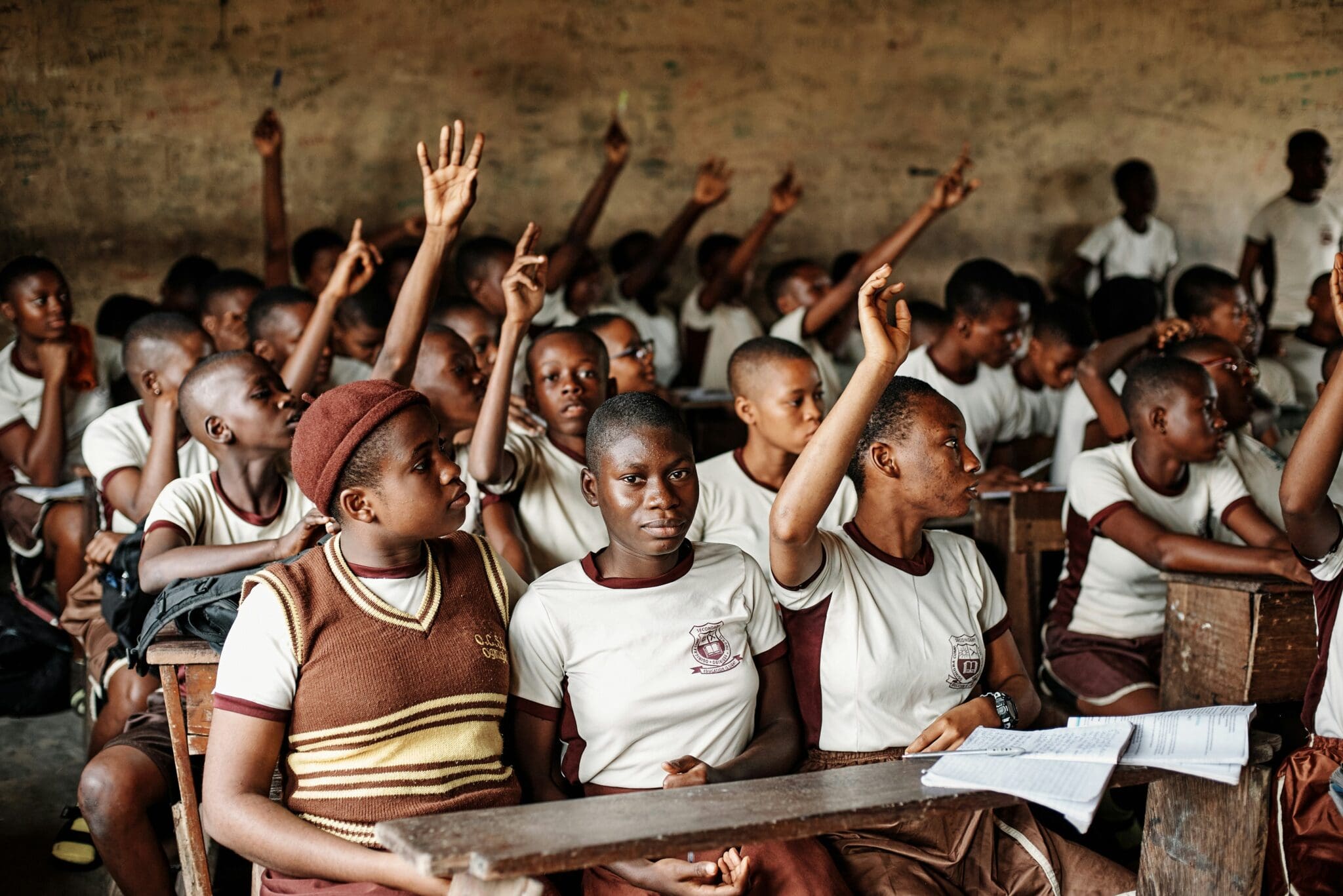
Employment of Deprived Children in The Community-LEARN MORE
Empowering deprived children involves providing them with the tools and opportunities necessary to overcome their circumstances and build a brighter future. Education is a crucial aspect of this empowerment, equipping children with knowledge and skills that enhance their employability and socio-economic prospects. Programs like UNICEF’s Child-Friendly Schools offer safe, inclusive learning environments that cater to the needs of marginalized children, fostering their academic and personal growth. Access to healthcare is equally vital, ensuring that deprived children receive necessary medical attention and can participate fully in educational and social activities. Initiatives such as free school meals and healthcare services address both health and nutritional needs, contributing to better academic performance and overall well-being. Additionally, psychological support helps children cope with trauma and build resilience, crucial for their mental and emotional development. Empowerment also involves advocating for children’s rights, ensuring they are protected from exploitation and abuse. Legal frameworks and community-based programs that emphasize children’s rights help create a safe and supportive environment for their growth. Moreover, vocational training and life skills education prepare deprived children for adulthood, enabling them to secure sustainable livelihoods and contribute positively to society. By investing in the holistic development of deprived children, we can break the cycle of poverty and create a more equitable and prosperous future. Empowering these children not only transforms individual lives but also fosters stronger, more resilient communities.
